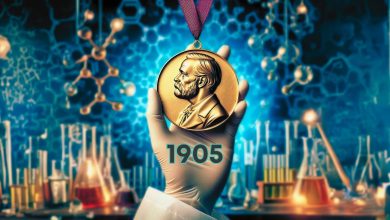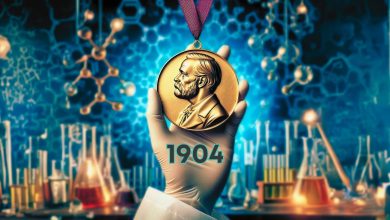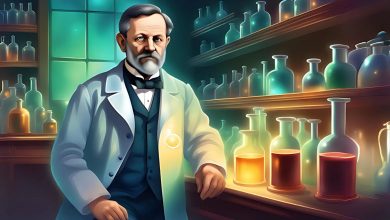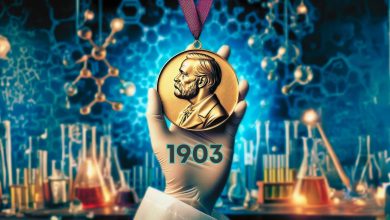
Coffee is probably the favorite energy drink of our readers here. According to research by the National Coffee Association of America (NCA) in 2020, 62% of Americans drink at least one cup of coffee every day. The average amount of coffee consumed per person per day is more than 3 cups. For some people, it’s just its taste while for the overwhelming majority, its stimulating effect is the answer to why this drink is so popular.
So why does coffee keep us sober? And does this substance do us any harm? Let’s explain them with chemistry!
Why Are We Getting Tired?
First of all, let’s leave the taste of coffee aside and look at its active ingredient and the chemistry of fatigue. Caffeine gets its name directly from the beverage itself. This chemical binds to adenosine receptors in our brain, eliminating the feeling of fatigue. So how does this happen?
Primarily, adenosine receptors are a receptor that adapts to the shape of the adenosine molecule secreted in a state of fatigue. We can think of the receptor as a lock and the molecule as a key. Indeed, freely circulating adenosines bind to this receptor formally as in a key-lock mechanism. As soon as it connects here, it sends a signal to our brain that “this person has had a hard day and is tired”.
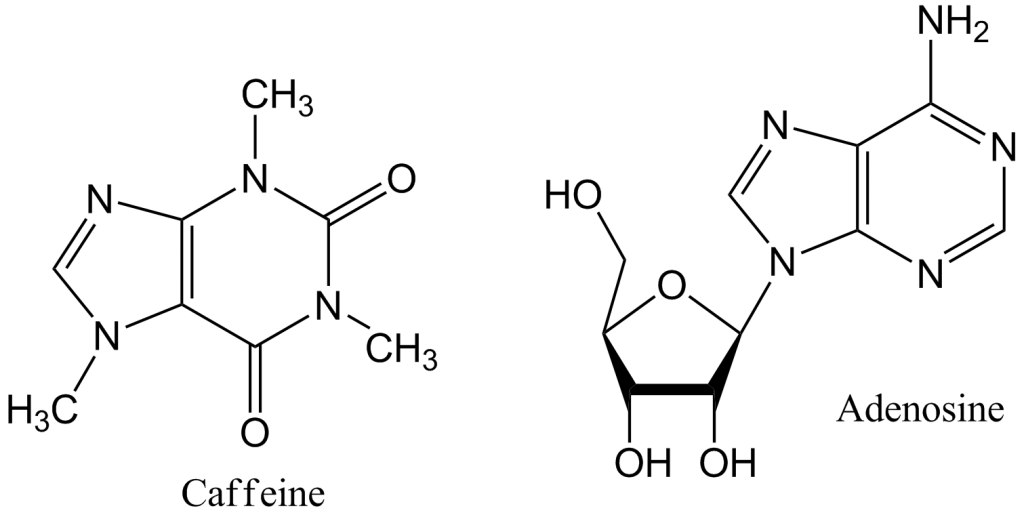
Image Source: Wikipedia
But when we, who cannot see this situation in detail, consume coffee; caffeine that enters our blood officially acts as a false key. As you can see in the photo above, caffeine can bind to this receptor, partly resembling adenosine. However, since it is a wrong key, it cannot open the lock, that is, it cannot produce a fatigue signal. You must have witnessed that sometimes we can insert other keys into a door in our house. But we can’t turn it and open the door because it’s not the right key. This is exactly the case here.

Is Drinking Coffee Harmful?
Now that we understand how it works, let’s take a look at the negative effects of this situation. Of course, our bodies can easily tolerate a small amount of coffee. But what if we take a large amount of coffee too quickly? Let’s assume that all adenosine receptors bind with caffeine. There is so much caffeine in our blood that before adenosine can bind to a receptor to which caffeine leaves, another caffeine molecule immediately binds. To understand the damaging effects of this event, which is completely contrary to the natural mechanism, let’s take a look at where the receptors are located.
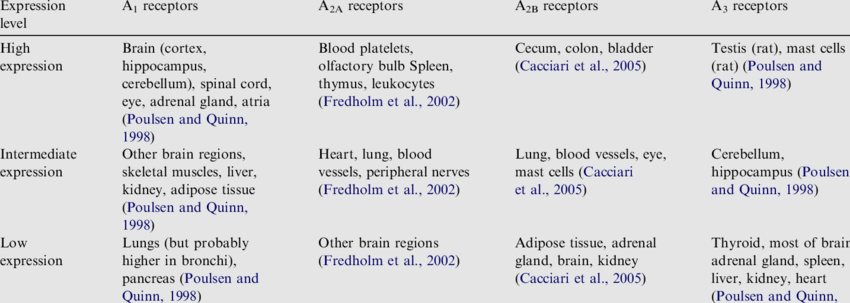
Although caffeine mostly likes to bind to receptors named A1 and A2A, these receptors are located on a wide scale from the brain to the heart, kidneys, and even our eyes. As a result, when caffeine binds to a large portion of these receptors, a phenomenon called caffeine overdose is seen. So what are these effects?
Effects of Overdose Coffee Consumption
- General discomfort
- Tension
- Excitement
- Facial redness
- Digestive troubles
- Increased and irregular heart rhythm
- Increased urinary frequency (Diuretic effect)
- Sleeping disorder
- Muscle twitching
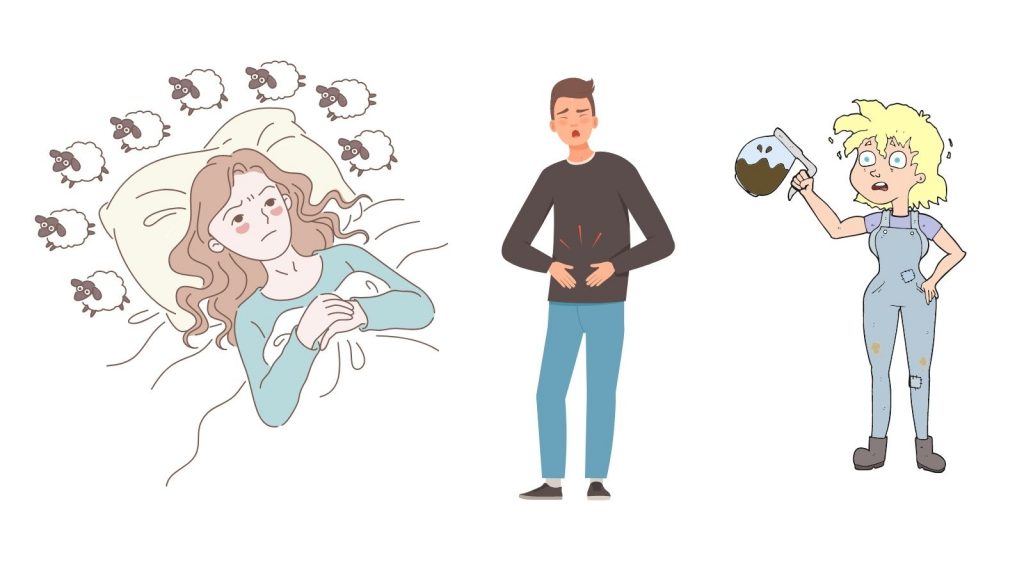
As you can see, it seems like a very wise move not to deviate from this path that can lead to heart attack and death. Well… let’s say we’ve come this far, what should we do?
In this situation, first of all, it is best not to consume anything that contains caffeine. Foods and beverages such as cola, tea, and chocolate will also make your condition much worse as they contain caffeine. Drinking plenty of water should be the first thing you do. Because you have to regain the water you lose due to the diuretic effect. It is also beneficial to drink mineral water to replace the electrolytes excreted in the urine.
If We’re Even Worse…
If you think your life is in danger, of course, the first thing you should do is call the emergency service and explain to the healthcare team your age, weight, how much dose you have taken, and how long it takes. After reaching you, they will try to help you by giving you activated charcoal or washing your stomach, depending on your situation. For a while, they will be prepared in case you have a heart attack by constantly looking at your ECG.
How Long Does the Effect of Coffee Last?
You’re probably saying right now why there isn’t a treatment that will completely eliminate the caffeine that binds. If you’ve noticed, when we look at the overdose scenario, all the health professionals do is if you still have caffeine in your stomach, to prevent it from getting into the blood. However, not much is done to prevent caffeine, which is usually in our blood. In fact, our body has a very powerful weapon against this situation, and the methods developed by health professionals will not be very efficient from this weapon.
This secret weapon of our body is a terrific chemist. He knows very well the formulas that will turn most harmful substances into less harmful or completely harmless substances. This chemist called the liver converts excess caffeine in our blood to another molecule called paraxanthine and removes it through urine. In an individual with a healthy liver, half of the amount of caffeine is cleared in approximately 2.5-4.5 hours. In other words, if your stomach has been cleaned quite well in the overdose and you have not exceeded the amount, your critical condition will stabilize in a few hours, maybe even less.

But let’s imagine the scenario where you had this caffeine crisis with 30 shots of espresso at 12 pm that day. In this scenario, even at 12 am, your body will still have close to 2 espresso shots of caffeine. So you can think of it as if you had an Americano before bed.
Good news! If you like the taste of coffee but are uncomfortable with its stimulating effect, decaffeinated coffee may be for you.
References and Further Reading
Had too much caffeine? Right as Rain by UW Medicine. (2019, September 9). https://rightasrain.uwmedicine.org/body/food/too-much-caffeine.
National coffee Association. NCA. (n.d.). https://www.ncausa.org/Newsroom/NCA-releases-Atlas-of-American-Coffee.
Nehlig, A., Daval, J.-L., & Debry, G. (1992). Caffeine and the central nervous system: mechanisms of action, biochemical, metabolic and psychostimulant effects. Brain Research Reviews, 17(2), 139–170. doi:10.1016/0165-0173(92)90012-b
Rivers, A. (2018, December 6). Caffeine overdose: Symptoms, side effects, and treatment. Healthline. https://www.healthline.com/health/caffeine-overdose.
YouTube. (2017, April 6). Caffeine and adenosine receptors. YouTube. https://www.youtube.com/watch?v=jOfquPE1cnU.
Images not cited are used through Canva Pro with a royalty payment.
The proofreading has been done by Özge Arslan and Mete Esencan.
Would you like to support us?
- For more detailed information, you can check our “Support Us!” page!



